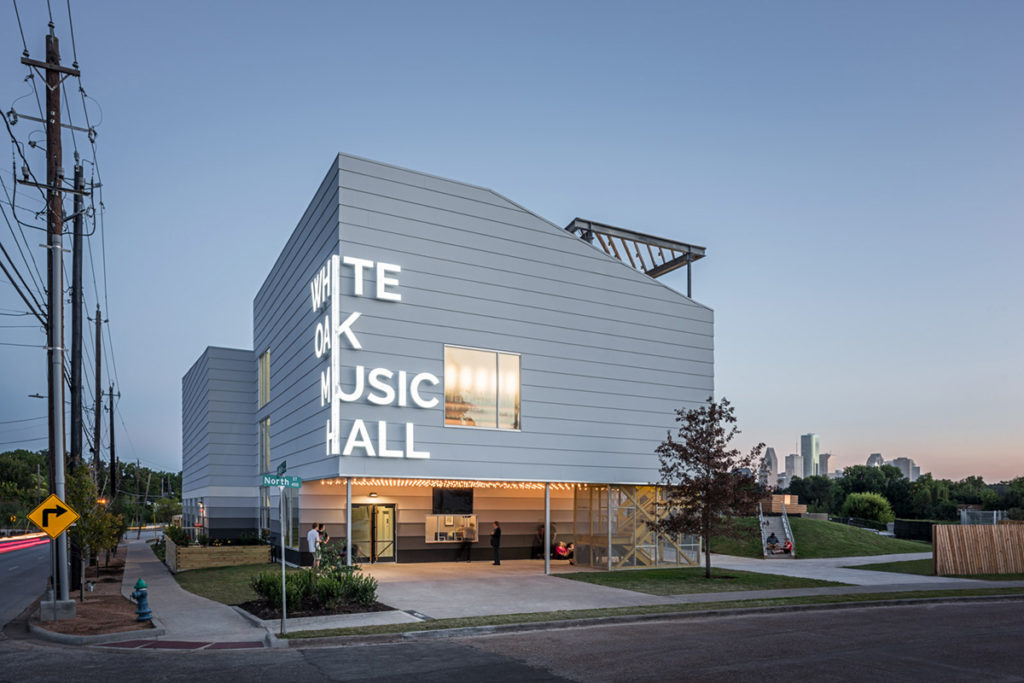
Concert Planning: Is There an Easier Way to Rebook Shows?
Concert Planning…and Re-planning
There’s no doubt about it: COVID-19 has completely screwed with concert calendars. Whether you have a small venue or book major shows, we know your life hasn’t been easy as you try to rebook. Concert planning may be a mess, but it doesn’t have to be if you use process management software that’s built specifically for venues.
First off, let’s look at what venues are dealing with. You likely had shows planned months ahead. Your calendar was looking great and then COVID hit. You and your bands were forced to cancel shows and now you are trying to rebook as many as you can, even though you aren’t sure when you’ll reopen.
It’s not as simple as waiting on city ordinances to tell you when you can open your doors. Your bands come from all over the place and they may not be touring until the majority of the venues they were booked at open up. They also may not be comfortable traveling yet.
So, what do you do to continue concert planning in such an unknown environment? You use consolidated software that makes the entire process more transparent and efficient so you can make smarter decisions.
It’s Time to Change How You Work
For many venues, the work still continues. Your doors may be closed, but you have to at least plan for the future when doors will reopen. That means concert planning must go on. You have to rebook with the understanding that those shows may need to be rebooked again and again. But, it’s better to shift dates further out than to have a blank calendar you have to try to fill at the last minute.
If you’re trying to manage all of these moving parts manually through spreadsheets, online documents or sticky notes, we feel for you. While this may have done the job in the past (albeit inefficiently), this pandemic is really showing just how archaic that process is. There is a better way to manage concert planning.
Case Study: White Oak Music Hall
When we talk to venue owners, they tell us that they are used to rebooking shows but not at this volume. Many managers are rebooking 100 or more shows at a time. They are looking for a better way to stay organized and get it all done, but they aren’t sure what to do.
Here’s the thing: concert planning can be more automated, more transparent, and much easier if you use Prism software that’s built specifically for these kinds of situations. That’s exactly what White Oak Music Hall in Houston, Texas did and they say it changed everything.
White Oak Music Hall is comprised of three venues, each of differing guest capacities. When COVID hit in early March, they had to move an entire quarter’s worth of shows, more than 100, to future dates that are still in question. Not an easy task under any circumstance but even more challenging using the outdated, ill-purposed tools they had.
Their calendar was a Google doc to manage all of their bands, shows, and holds, but all of the readjustment and work-arounds were making it near impossible to get everything right. General manager, Luis Rivera, and his team were spending a ridiculous amount of time keeping track of it all and there was too much risk. Things could easily slip through the cracks and with multiple people helping out, there was a good chance dates would be double-booked.
Rivera decided to take the bull by the horns, so to speak, and change up his concert planning process altogether. He still worked with agents and managers to see what they were thinking and try to find future show dates that worked for everyone. But as far as how those bands and dates are managed, everything changed when he began to use Prism.
Rivera chose Prism because he knew his current process wasn’t going to work anymore. He had always wondered if there was something better out there than a Google doc or spreadsheet but hadn’t had the time to explore it. With the COVID shut down, he took full advantage of his extra time. Once he saw a demo of Prism, he was sold.
Now, Rivera and his team all work from the same automated talent buying and venue management software solution. Everyone looks at the same calendar and updates to the schedule are made in real-time, eliminating the risk for double-booking or other scheduling issues. They can see trends so they can make decisions about how to make up the revenue from lost shows. All they have to do is click on a month on the calendar and instantly see the detailed status of every show, band, date, and venue.
They have gained control of their booking process as they are able to look at goals and place timelines for when they need to convert a date. Because they operate three separate venues, being able to separate each of them and look at dates helps them understand how it all affects them operationally so they have time to prepare.
This capability is particularly valuable to White Oak Music Hall because they can make smarter decisions on how to book shows across all of their venues. For instance, because they use the same equipment for their indoor and outdoor rooms. When they are booking a show, instead of booking as much as they can, they can be more methodical. They can decide if it makes financial sense to book both venues at the same time and have to rent additional equipment or if it’s better to book them on different days to avoid the extra expense. The financial view allows them to see where they may be losing money so they can determine how to book as many shows as they can while also saving costs.
They can use all of the historical data to predict future revenue, too. Because many of the same bands come through, Rivera can see what he paid them in the past and if it’s worth booking them again versus another show they are interested in putting on. They don’t have to go through multiple files to get to that information. They can see the history of what they paid versus what they brought in, making it easy to estimate what the show is worth. As they move shows, they have insight into what works best. They aren’t just randomly rebooking shows; they’re being thoughtful to optimize their revenue.
These are just some of the practical uses of Prism software. All of the transparency gained is not only helping venues make more money, but the improved efficiency is giving owners and managers time back to do things they really want to do. Instead of tracking down data and digging through complex Google docs and spreadsheets, they are building their business and experiencing a better quality of life.
As Rivera said, “All you need is to have the data ready for Prism to collect and the rest is done. It’s like they take on all of the horrible work of making sausage and all we see is the finished product.”
We’ve never heard it put quite that way, but we like it.

Matt Ford is the founder and CEO of Prism.fm, an Austin-based software company revolutionizing live music event management. With a background in entrepreneurship and a degree from the University of Wisconsin-Madison School of Business, Ford combined his self-taught coding skills with firsthand experience as a concert promoter to address the inefficiencies he observed in the industry. In 2018, he launched Prism.fm, an all-in-one platform designed to streamline operations for venues, promoters, and agencies by replacing cumbersome spreadsheets with integrated tools for booking, financial tracking, and contract management. Under his leadership, Prism.fm has grown significantly, achieving $3 million in annual recurring revenue post-COVID and securing over $15 million in funding . Ford’s commitment to building user-centric solutions has positioned Prism.fm as a trusted partner for over 1,500 venues and promoters worldwide.



